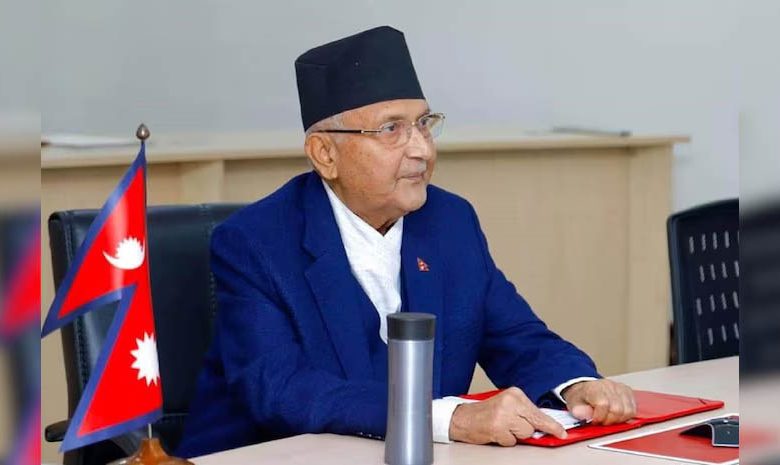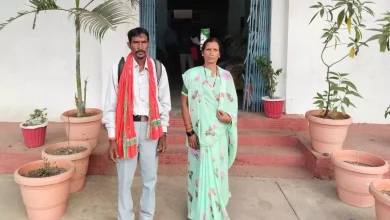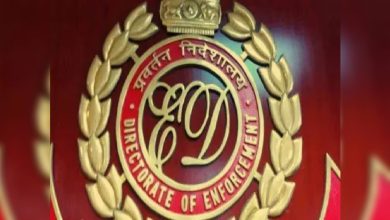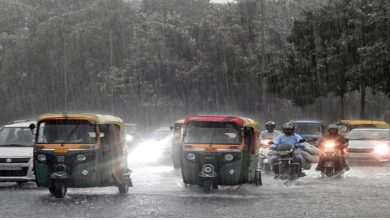
Seven-Point Agreement: KP Sharma Oli will again become the Prime Minister of Nepal, as incumbent Prime Minister Pushpa Kamal Dahal “Prachanda” on Friday failed to win a vote of confidence in the parliament after surviving four terms amid persistent political unrest in the Himalayan nation. Oli, chairman of the Communist Party of Nepal-Unified Marxist Leninist (CPN-UML), on Friday reaffirmed his intention to lead a new majority government by presenting his demand before President Ramchandra Paudel with the support of 165 legislators, including 77 from his party and 88 from the Nepali Congress. Though marginal parties including the Janata Samajwadi Party (JSP), JSP-Nepal, Loktantrik Samajwadi Party, Janmat Party and Nagrik Unmukti Party are in favour of the Congress-UML coalition government, Oli gave a statement indicating the support of only the UML and the Congress to the President. He said, “We have presented the claim for a new government before the President. Now it is up to him to decide when to make the appointment,” Congress chief Ramesh Lekhak said.
Prime Minister Prachanda, who is also the chairman of the Nepal Communist Party-Maoist Centre (CPN-MC), faced a vote of confidence when the Oli-led CPN-UML withdrew support from his government last week after he signed a power-sharing pact with the largest party in the House – the Nepali Congress (NC) – led by Sher Bahadur Deuba. Prachanda, 69, lost his job on Friday, more than 18 months after his appointment, as he failed to win a vote of confidence during a test of parliament in the Lok Sabha. He failed to get the required 138 votes to support the confidence motion, as only 63 lawmakers in the 275-member House of Representatives voted in favour of it. He will step down on December 25, 2022, more than 18 months after he became prime minister, with a total of 194 lawmakers voting against him. Friday’s trust vote was the fifth time Prachanda faced a test in the House after being appointed prime minister nearly 18 months ago. He received strong support with 268 votes during the first trust vote on January 10, 2023. He got 172 votes in Parliament in the second power test on March 20, 2023 after the UML-Maoist alliance broke down. Prachanda got 157 votes in the third trust vote held on March 13, 2024 after forming a new alliance with the UML. On May 21, 2024, after the JSP split, he got 157 votes and no opposition vote was recorded. With Prachanda winning the trust vote in his fifth attempt, CPN-UML chairman Oli is now expected to become prime minister for the fourth time with the support of the Nepali Congress. Oli is known for his pro-Beijing stance and it will be interesting to see how he maintains equally close ties with both India and China. Relations between India and Nepal came under severe strain in 2020 when Kathmandu released a new political map that showed three Indian territories (Limpiyadhura, Kalapani and Lipulekh) as part of Nepal. Oli, who was the prime minister at the time, had attempted to use the issue to defend himself against growing domestic pressure and challenges to his leadership. The Nepal president had earlier called on political parties to seek the formation of a new government and set a deadline of Sunday noon to prove a majority.
“President Paudel called on members of the House of Representatives (CoR) to claim the prime ministership by showing a majority with the support of two or more political parties in the Lower House,” a statement from Paudel’s office said. “The president has asked members of the House to present a majority with the support of the parties represented in the Lower House before 5 pm on Sunday,” it said. The NC has 89 seats in the HoR, while the CPN-UML has 78 seats. Their combined strength of 167 is far more than the 138 needed to secure a majority in the lower house. Deuba had already backed Oli as the next prime minister under a seven-point agreement that the two parties agreed to on Monday before the Prachanda-led government collapsed. Under the agreement, Oli and Deuba will share the post of prime minister for the remaining term of the House of Representatives; in the first phase Oli will become prime minister for one and a half years and then Deuba will take power for the rest of the term.
Nepal has had 13 governments in the past 16 years, reflecting the fragile nature of the Himalayan nation’s political system. Earlier, Prachanda had strongly criticised the alliance formed between the NC and the UML and accused the two largest parties of forming their coalition out of fear and not shared principles. “If the NC and the UML were united by common beliefs or objectives, I would not be worried. Rather, they are bound by fear of good governance,” he said. While he questioned whether the public had approved of this alliance, he expressed concern about possible regression and authoritarianism, stating that the NC and UML have come together just as good governance has started taking roots in the country. He argued that in a healthy democracy, the main opposition party should not form the government, accusing the NC and UML of pushing the country backwards.





